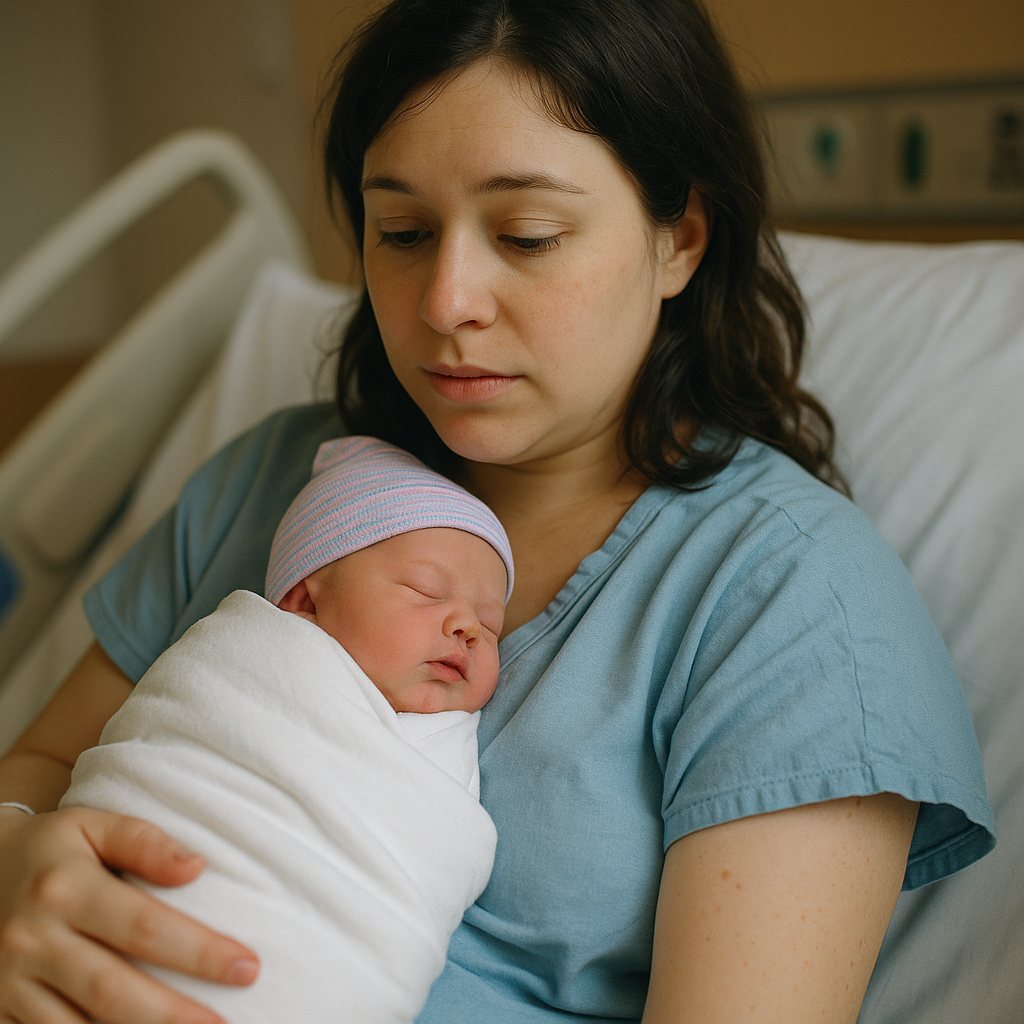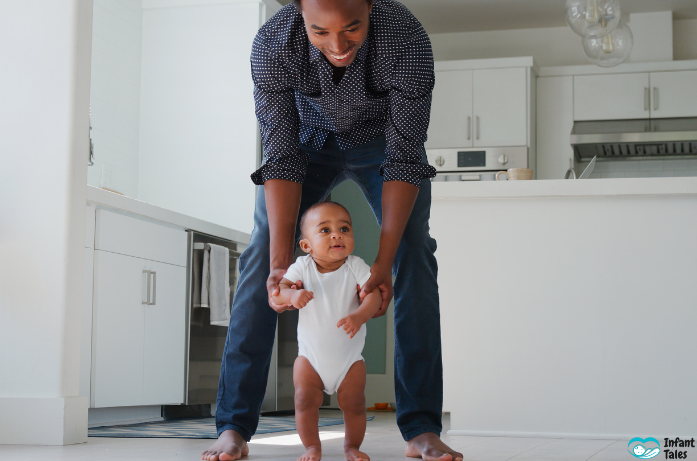Published by: Infant Tales
Audience: New Parents, Caregivers, First-Time Moms and Dads
The first 24 hours after birth are a whirlwind of emotions and experiences for new parents. Your newborn is finally here, and while the excitement is overwhelming, it’s natural to feel uncertain about what comes next. This guide will walk you through what to expect in your baby’s first day of life—physically, emotionally, and medically.
1. The First Cry and Immediate Medical Checks
Right after delivery, your baby will likely let out their first cry—an emotional and reassuring moment. The medical team will immediately perform an Apgar score assessment, which checks the baby’s heart rate, breathing, muscle tone, reflexes, and skin color.
2. Skin-to-Skin Contact
Unless there are complications, your baby will be placed on your chest for skin-to-skin contact. This promotes bonding, stabilizes body temperature, and encourages early breastfeeding. Skin-to-skin care has been shown to improve newborn outcomes. (source)
3. Feeding: Breast or Bottle
Babies typically show feeding cues like rooting or sucking within the first hour. Whether you’re breastfeeding or using formula, offering nutrition early is key. Breastfeeding can be challenging initially, but help is often available from a lactation consultant at the hospital.
4. Baby’s First Measurements
Expect your baby to be weighed and measured for length and head circumference. These numbers are recorded to track growth over time.
5. Vitamin K and Hepatitis B Shots
Hospitals usually administer a Vitamin K injection to prevent bleeding and the first dose of the Hepatitis B vaccine.
6. First Diaper Change
Newborns usually pass their first stool—called meconium—within 24 hours. It’s thick, sticky, and dark green. Don’t worry, this is completely normal!
7. Sleep and Wake Cycles
Newborns sleep a lot—up to 16–18 hours per day—but in short bursts. It’s important to let your baby sleep, feed on demand, and avoid overstimulation during this period.
8. Physical Appearance: What’s Normal?
- Head may look cone-shaped due to the birth canal.
- Skin may be blotchy, wrinkly, or covered in vernix (a white creamy substance).
- Hands and feet may be slightly blue at first.
All of these are normal and resolve within the first few days.
9. Parent Emotions: It’s Okay to Feel Overwhelmed
Many new parents feel a mix of joy, anxiety, fatigue, and even sadness. If you gave birth, you may experience hormonal shifts that contribute to what’s commonly called the “baby blues.” If feelings persist or worsen, talk to your doctor.
10. Going Home Preparation
If both you and the baby are healthy, you may be discharged within 24 to 48 hours. Make sure you have a properly installed car seat and basic baby supplies ready at home.
Helpful Reminders
- Stay calm—your baby is learning and so are you.
- Accept help from family, nurses, or friends.
- Don’t hesitate to ask questions—there’s no such thing as a silly one when it comes to a newborn!
Recommended Resources
Disclaimer
This article is for informational purposes only and does not constitute medical advice. Please consult a healthcare professional for personalized care.



